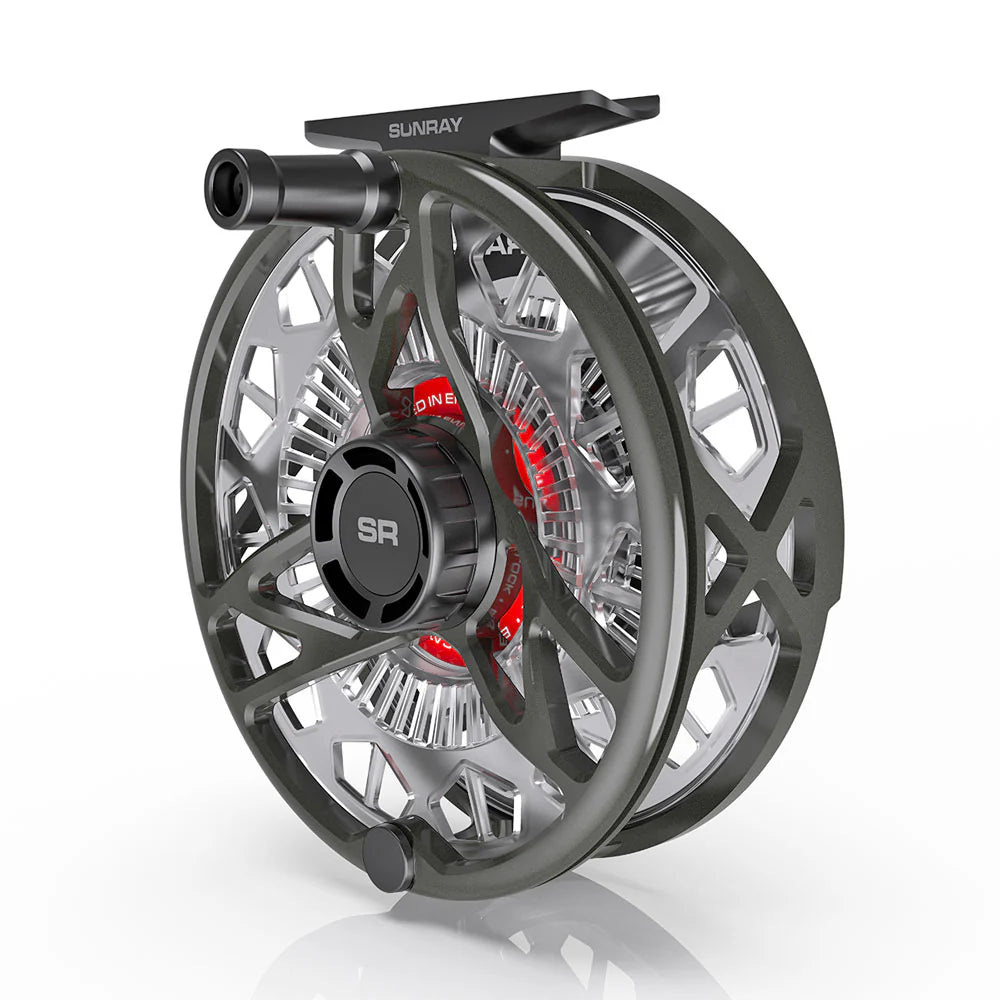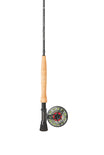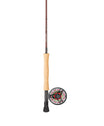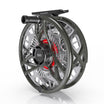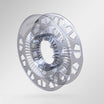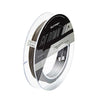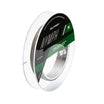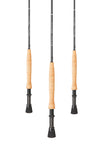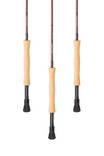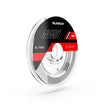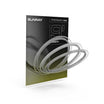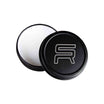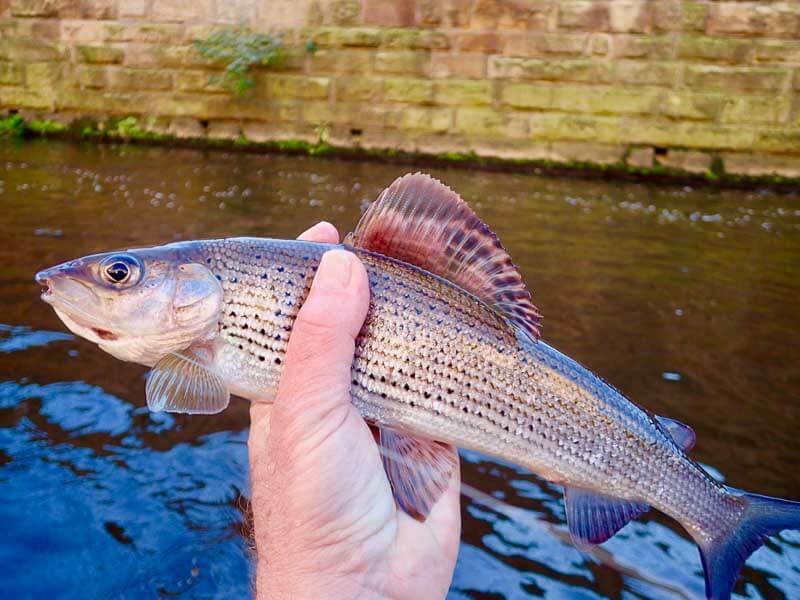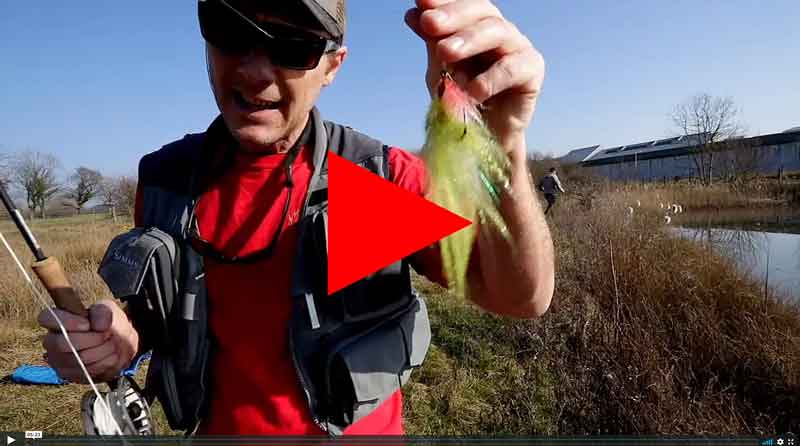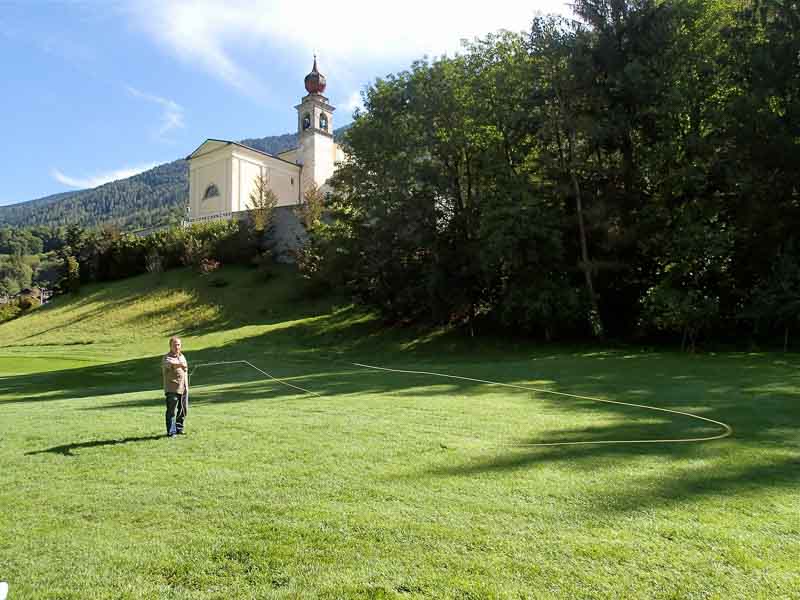
Blog by Dave Southall
Far too many fly fishers are happy just to go fishing without putting anything back into the sport. However there are stalwart groups of enthusiasts who devote much of their time to improving the quality of our fisheries: these include the Rivers Trusts (such as my local East Yorkshire Rivers Trust of which I am a trustee), The Riverfly Partnership (of which I am an invertebrate sampler & tutor), Salmon & Trout Conservation, the Wild Trout Trust, SPRITE (who have done outstanding work cleaning up the Sheffield Don), the Angling Trust & many other groups & individuals.

- A Yorkshire Don grayling caught where 20 years earlier no fish could survive
Sadly many of our once pristine rivers are in steady decline due to abstraction, siltation, pollution & dredging (from sewage, agriculture, fish farms, cress beds & numerous other sources). It is only a few, mainly industrial rivers that have undergone significant improvement in recent years as a result of declining industries & the hard work of groups of conservation minded anglers & environmentalists. The Water Framework Directive has set targets for improving our rivers. Originally its target was to get all our rivers into good status by 2015. This has now been revised to 2027 with I believe a reduced target. I fear that this mammoth task will never be completed unless we (anglers & conservationists) become activists. Sadly the Environment Agency is underfunded & understaffed which renders it unfit for purpose, so it is up to us to do what we can to highlight & resolve the problems that beset our rivers.
Unfortunately we anglers are actively responsible for the decline of some of our rivers. Heavy stocking with oversized, inbred, farmed trout has certainly resulted in the decline of wild stocks of trout & grayling on some of the waters that I fish. Furthermore some club work parties have been responsible for overzealous tidying of their waters by removing overhanging branches & bankside vegetation, submerged tree roots & subsurface debris. In doing this they have destroyed fish cover & habitat for both terrestrial & aquatic organisms on which the fish feed. Many of the fish then vote with their fins & vacate the denuded sections of river in search of new homes, whilst those that stay are more vulnerable to the predation of cormorants, Goosanders, Mink & other predators.
I realize that club committees & managers often have to walk a shaky tight rope between providing easy fishing for those members who fish irregularly & lack some of the more advanced fishing skills or those like myself who are of advancing years & maybe less able to fish in demanding, overgrown conditions, whilst satisfying the demands of conservation minded club members who want diverse habitats full of wild fish. One of my local clubs, Pickering Fishery Association, has I believe reached a reasonable compromise with respect to this dilemma. The lower sections of our becks are adequately manicured to make for fairly easy access & casting whilst still providing some cover for the fish. As one moves further upstream, away from the access points the waters are allowed to become progressively more wild & unkempt. The PFA has also dramatically reduced their stocking with farmed fish & now only stock a short, impounded bit of river where the stock fish will have minimal impact on the wild fish: as a result the grayling population in the unstocked areas is steadily improving & the wild trout are getting bigger. On Pickering Beck above the town much work has been done in conjunction with the Wild Trout Trust, East Yorkshire Rivers Trust & a dedicated team of club members to control bank erosion, introduce woody debris to diversify flows & provide fish cover & to sympathetically open up the heavy tree canopy to promote bankside vegetation growth whilst still providing protection from cormorants & overheating of the water in summer. Our work gained Wild Trout Trust Award in 2013.

- Work done to prevent bankside erosion on Pickering Beck
The club is also working with the Angling Trust/Fish Legal on a 14 year battle to resolve the pollution & siltation problems besetting Oxfolds/Costa Beck, a spring-fed limestone stream, which was once the club’s ‘Jewel in the Crown’, famous for its huge numbers of big grayling & monster trout, but recently little better than an open sewer with abstraction of water at its source, plus inputs from 2 trout farms, a cress-bed system & a Yorkshire Water sewage outfall. There are some signs of progress at last with improving invertebrate populations bellow the trout farms & cress beds, but the sewage outfall is still discharging its foul contents into this tiny beck (even during dry conditions). Some work has been done above the outfall to remove the masses of accumulated silt & to diversify the flow & hopefully someday the Environment Agency & Yorkshire Water will eventually get the sewage problem sorted. Only by the constant intensive efforts of a few club members, particularly its ex-chairman Paul Wood, & with the help of Fish Legal, has any progress been made. Hopefully it won’t take another 14 years to get this river back to some semblance of what it used to be.

- Costa Beck grayling from 2004, just before the fishing was destroyed by pollution
-

- The sewage outfall on Costa Beck (when there had been no recent rain). There is still no improvement in 2019!!!!!!
So if you are one of those folks who just goes fishing, think again & get involved with some aspect of River Enhancement. OUR RIVERS NEED YOUR HELP!!!! The links below show some of the ways that you might do your bit by getting involved with the care of our rivers.


